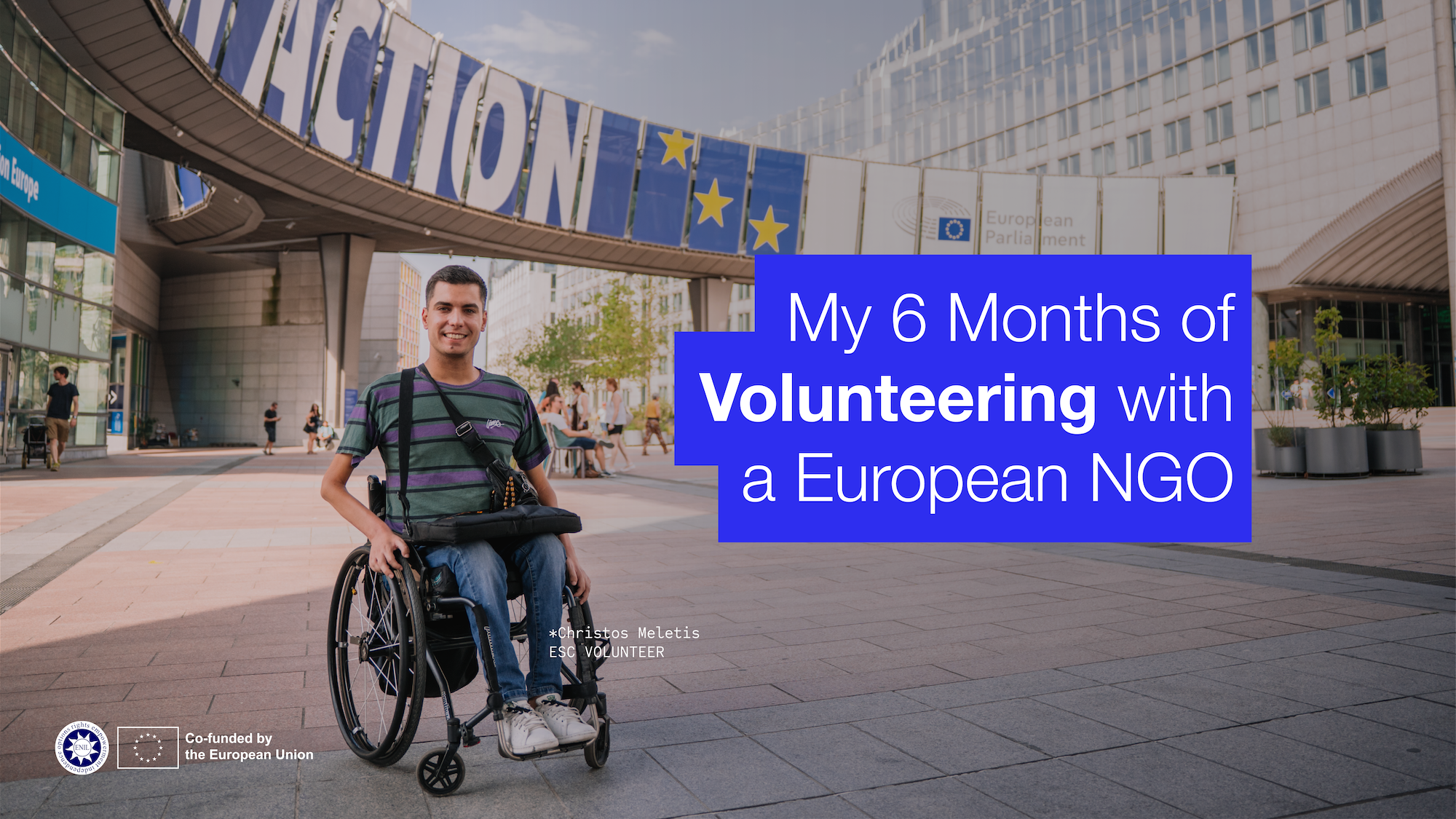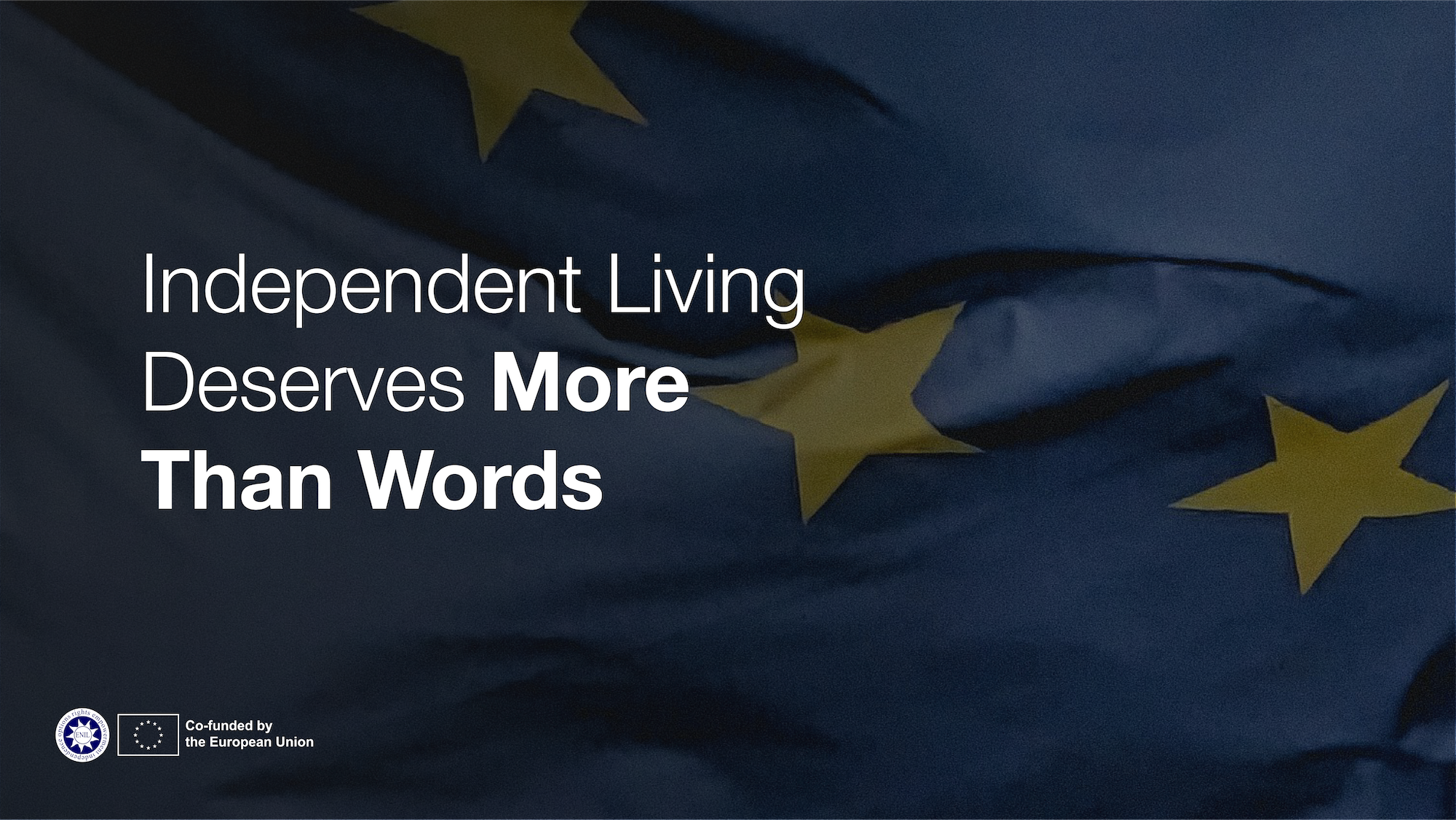In 1991, five disabled Norwegians, three woman and two men, gained freedom and independency in their lives. How did they utilize this freedom? To ensure thousands of others the same possibilities through importing and developing citizen-led personal assistance in Norway. It is this entrepreneurial effort through three decades that we are now celebrating!
On October 17th 1991, 16 individuals with a burning engagement were gathered in Oslo to hold Uloba’s founding meeting. Among them were the five pioneers Leif Sylling, Bente Skansgård, Vibeke Marøy Melstrøm, Knut Flaaum and Tone Norli. Together they built Uloba – a non-profit facilitator of personal assistance, and an Independent Living organization.
A seed which grew
During the first period, the organization’s main office was in Leif Sylling’s kitchen, and the pioneers communicated via landline phones, fax and letters. For several years, they ran the organization on their own time and resources.
“The goal was absolutely not a business with more than 1500 members and more than 6000 employees,” says Vibeke Marøy Melstrøm, today Uloba’s secretary general. “We simply wanted to make assistance arrangements to achieve free and independent lives, and to make way for others to experience the same. We imagined that small cooperatives would establish themselves around the country, as we had seen in Sweden.”
But that didn’t happen. Instead, Uloba grew, year by year. Today it consists of thousands of people – members, work leaders, assistants and staff – working towards a society where we can all take our natural place.
The magnitude was never a goal. The core of Uloba’s work has always been the ideology; equality and equal opportunities for each single citizen to challenge themselves on abilities, talents and interests. The five pioneers developed personal assistance in Norway to compensate for both disabilities and the discrimination in a society filled with barriers.
A world-wide network of mentors and friends
There would have been no personal assistance in Norway if it had not been for the personal relations and exchange of experience across borders. The five pioneers were inspired by other Independent Living activists, mainly in the US and Scandinavia. When Uloba was established, the collaboration and sharing of experience continued through the organization taking an active part in the European Network on Independent Living, ENIL. Many of us at Uloba have both widened our horizons and expanded our personal networks through participating on meetings, study visits or other forms of exchanges, we meet at Freedom Drive and even Freedom School, and secretary general Vibeke has been in the ENIL board for many years, both as a board member and co-president.
Many achievements – but a long way to go…
Uloba of today is a result of very, very much hard work, but also of the possibilities in a society with fairly good structures and economy. The business model of a cooperative which facilitates personal assistance arrangements paid for by the municipalities, has made the organization economically independent, and this has been important in our political work.
Through our 30 years, we have achieved a lot. Through importing and developing personal assistance, and through facilitating good PA arrangements all over the country, Uloba has contributed to the liberation of thousands of disabled people in Norway. Politically, Uloba has been doing advocacy work for both political decisions and important legal reforms. In 2014, personal assistance became a statutory right for a large group of people. Currently, Uloba is represented in a public committee investigating how the scheme of personal assistance can be improved. Uloba ensures systematic documentation of the living conditions of people in need of personal assistance, and makes sure it reaches relevant decision makers, for instance through political consultation responses or awareness campaigns. Uloba was an active initiator in the collaboration with the CRPD committee prior to, and during, the hearing of Norway’s work with the UN Convention for the rights of People with Disabilities in Geneva in 2019. We are now conducting targeted advocacy work to make CRPD part of Norwegian legislation. To make Norwegian authorities fulfill basic human rights, Uloba is again doing pioneer work with our ongoing project “Empowerment with supported decision-making”. We aim to develop what we hope will become one of the models when Norway changes from a system of guardianship to a system of supported decision-making, in line with CRPD.
“Looking back on what we have achieved is important. But the achievements commit, and there is still a lot of work left to do,” Vibeke states.
For, as the CRPD committee has emphasized: Norway is far behind when it comes to the perception of disabled people. Personal assistance is still looked upon partially as a luxury good, partially as a health service, the latter putting severe restrictions on the freedom of many disabled citizens. Many are not granted any personal assistance at all, or they are granted too few hours of assistance to be able to live an equal life. Children, youth and adults are still spending their lives in institution-like settings. Norway still practices guardianship and coercion, and CRPD is still not incorporated into the Norwegian Human Rights Law, where the Convention on the Rights of Women and the Convention on the Rights of the Child are incorporated.
“We have fought many battles during the last 30 years,” Vibeke states. “Uloba’s role as a political spear-head in Norway is still crucial, The Norwegian society has increased its awareness about who disabled people are. Through Uloba’s example, we have showed that disabled people are people like everyone else; in school, on workplaces, in voluntary life and in family life. But there is still a long way to go. We must continue the work – each of us both for our own independency, in solidarity with others and for society as a whole.”
By Kristin Torske, political advisor at Uloba


